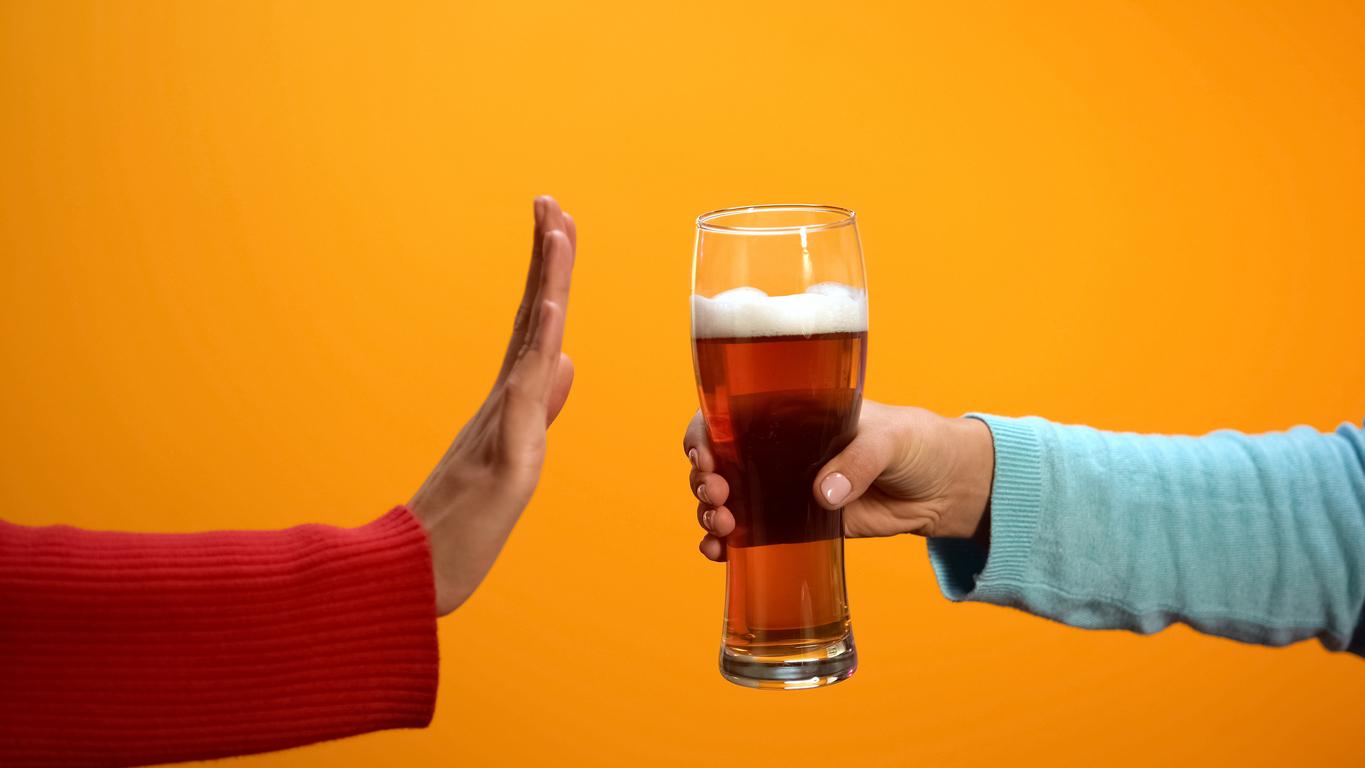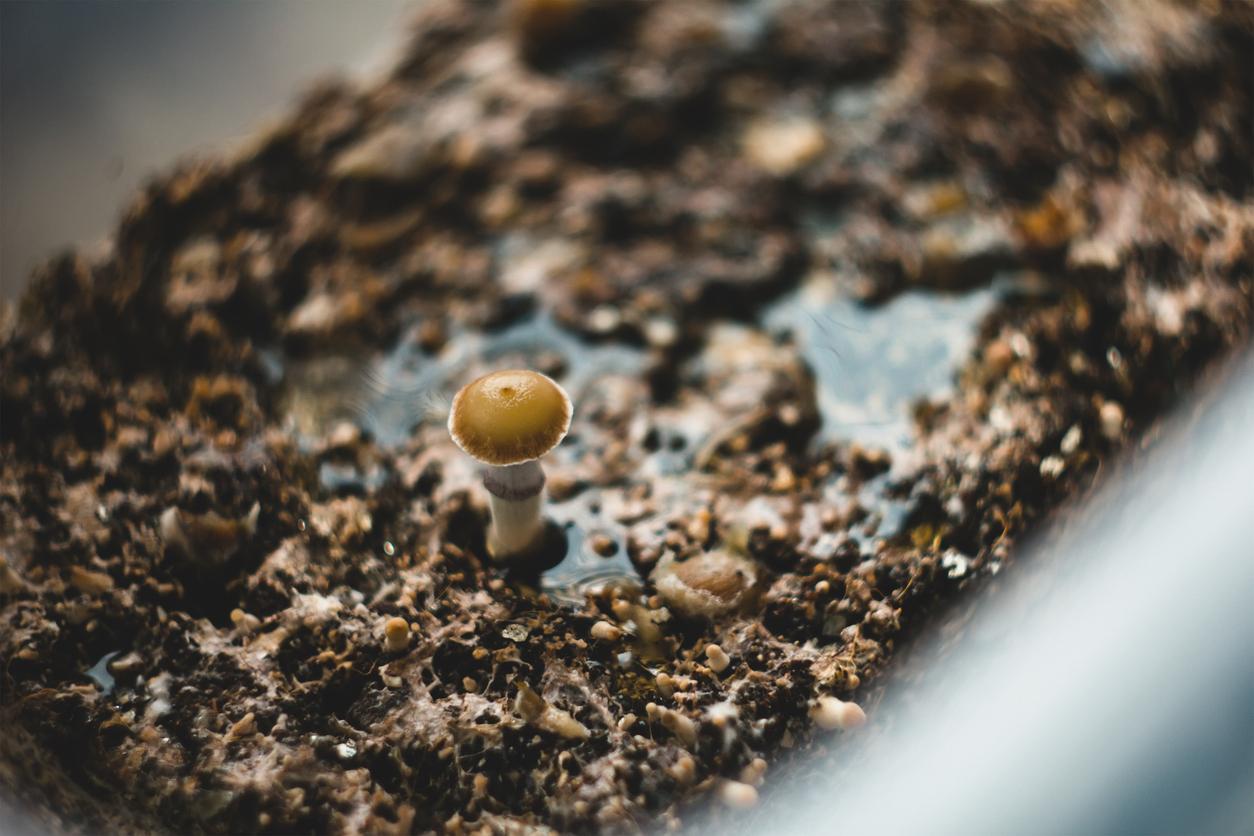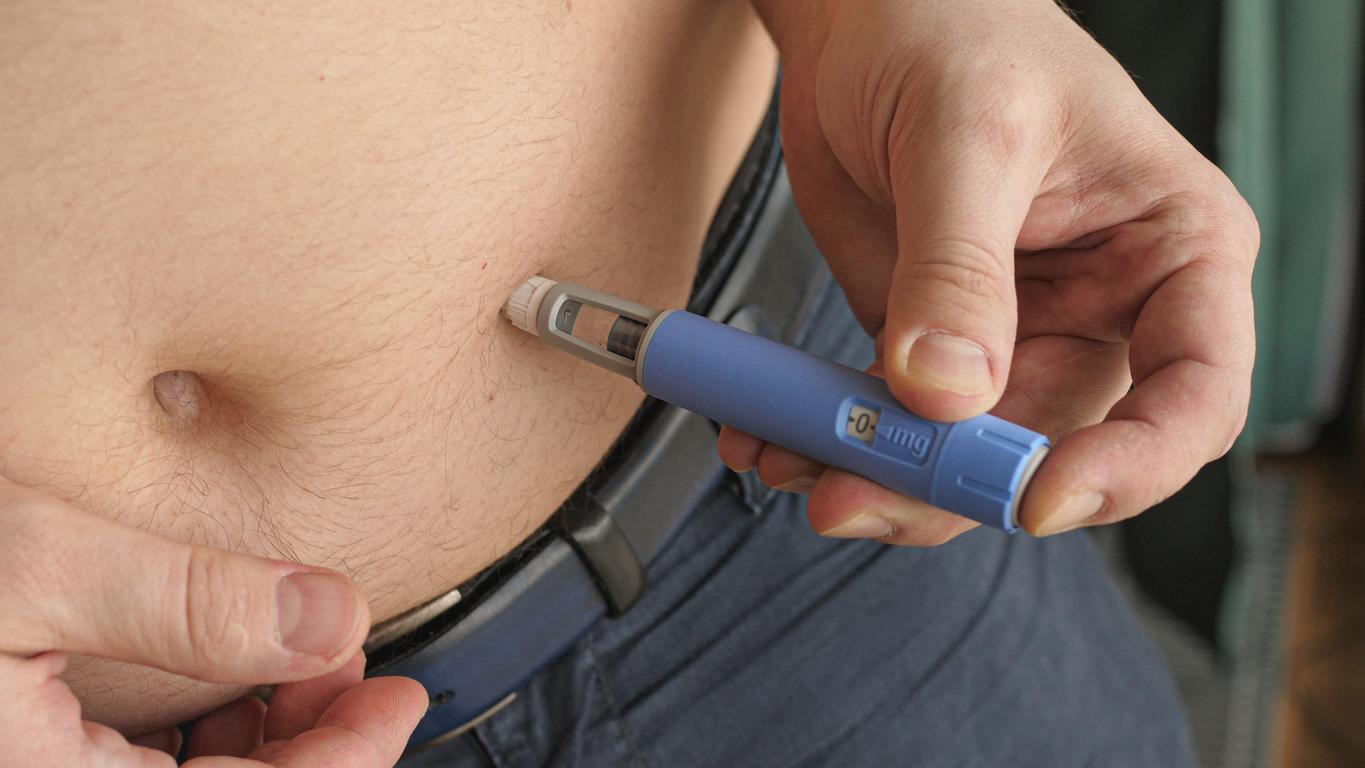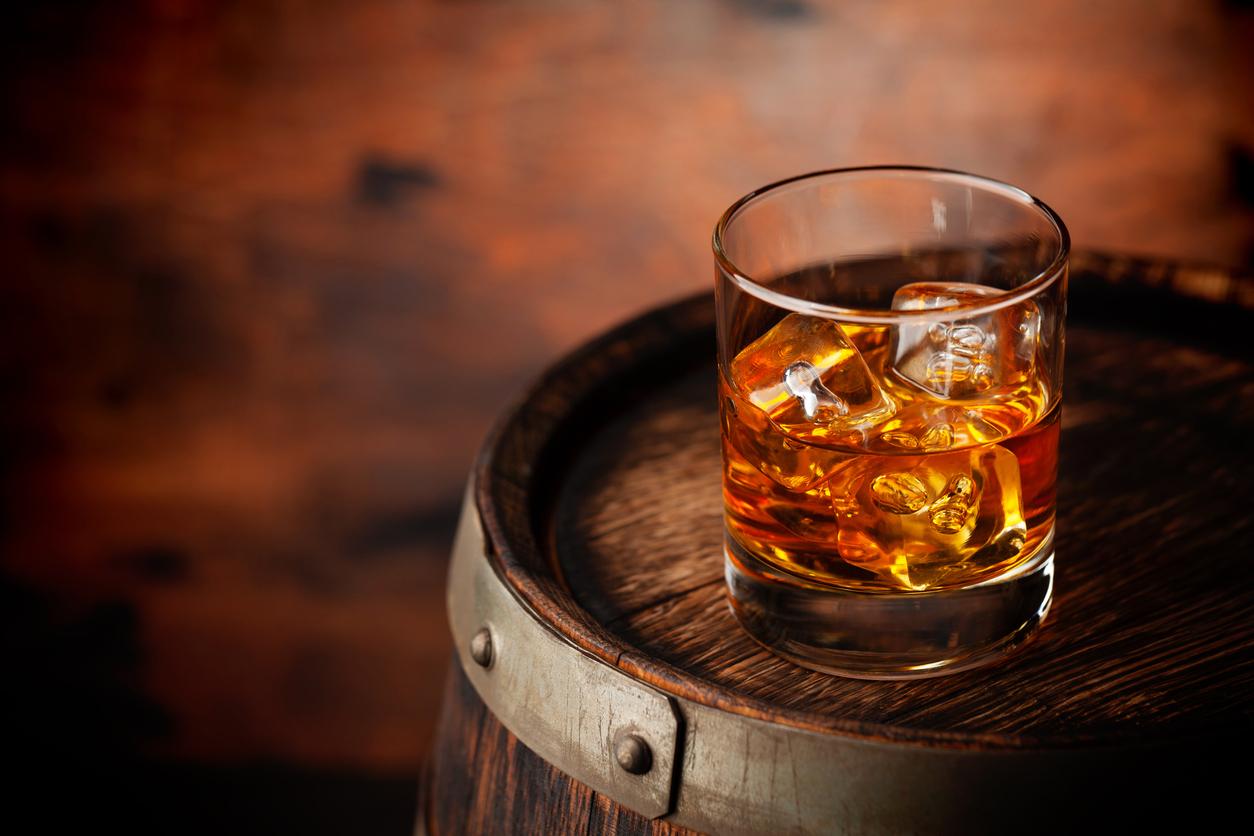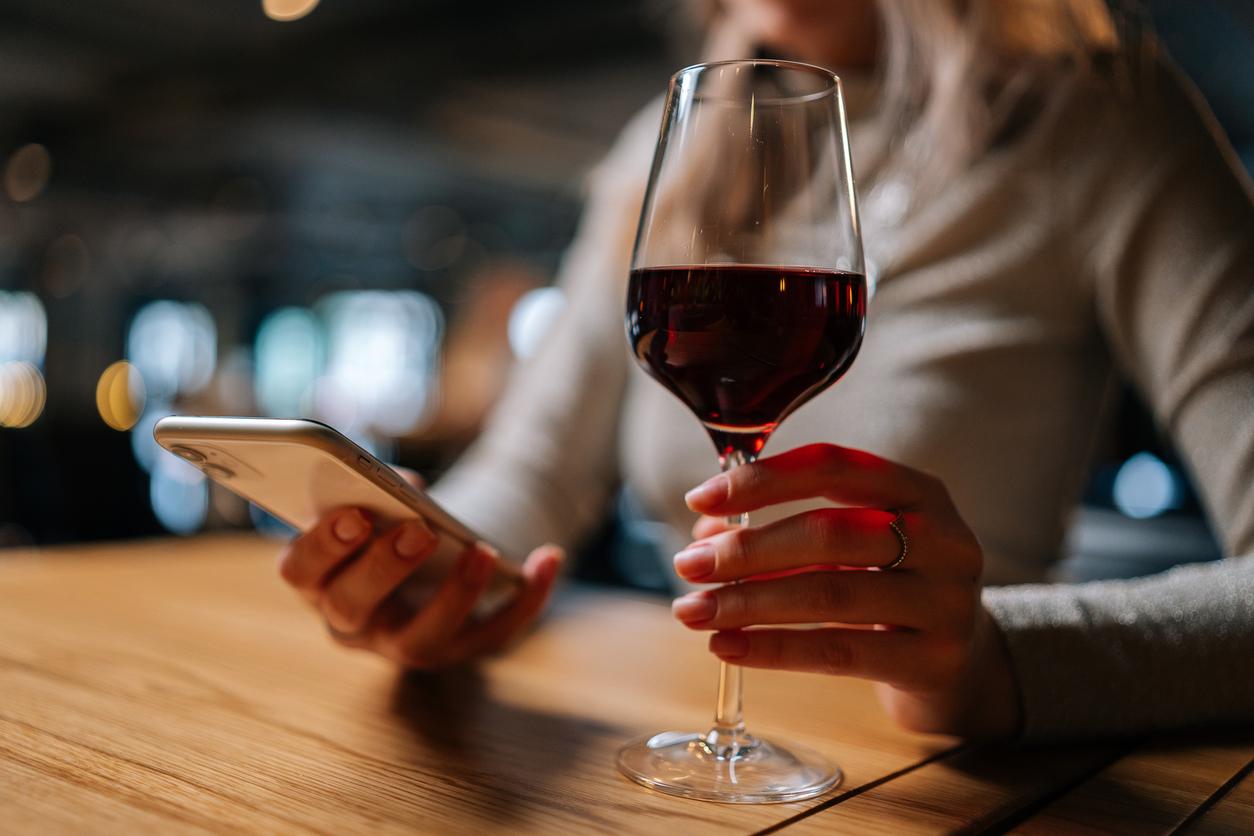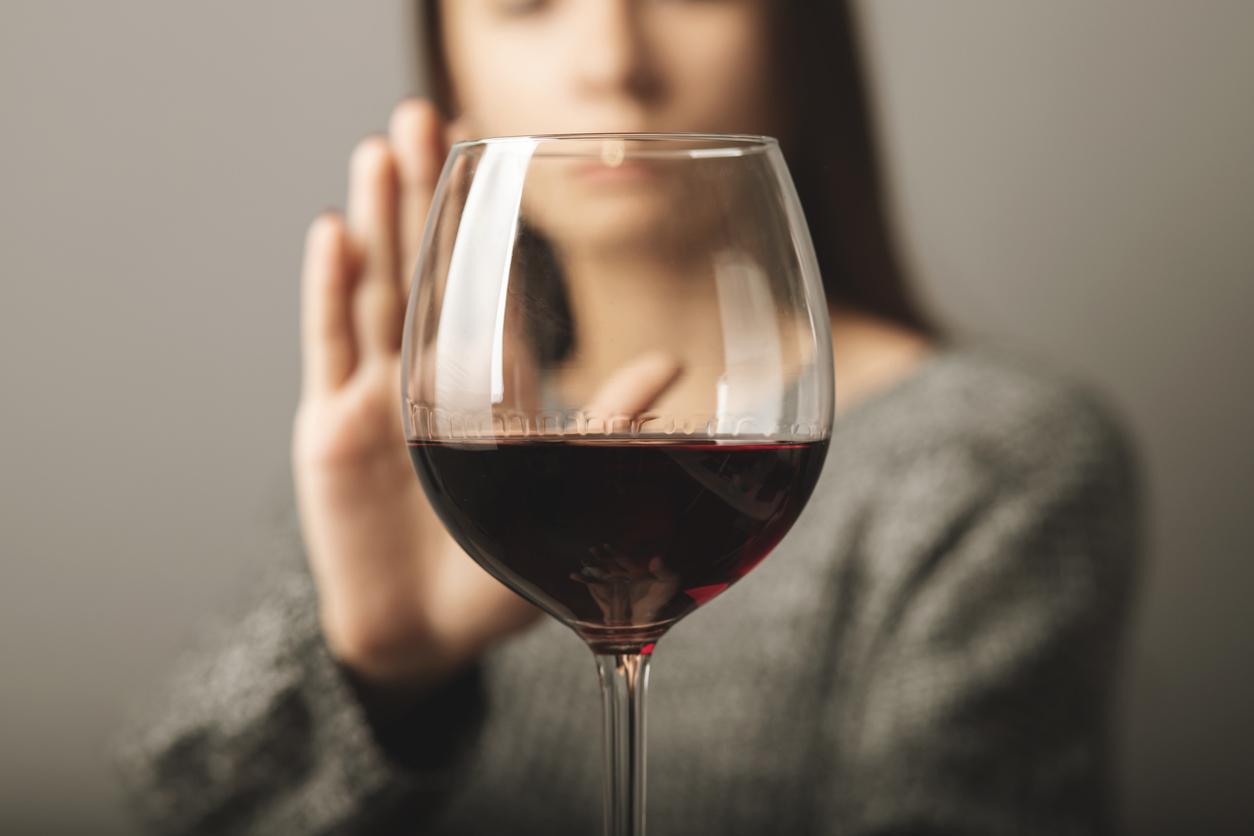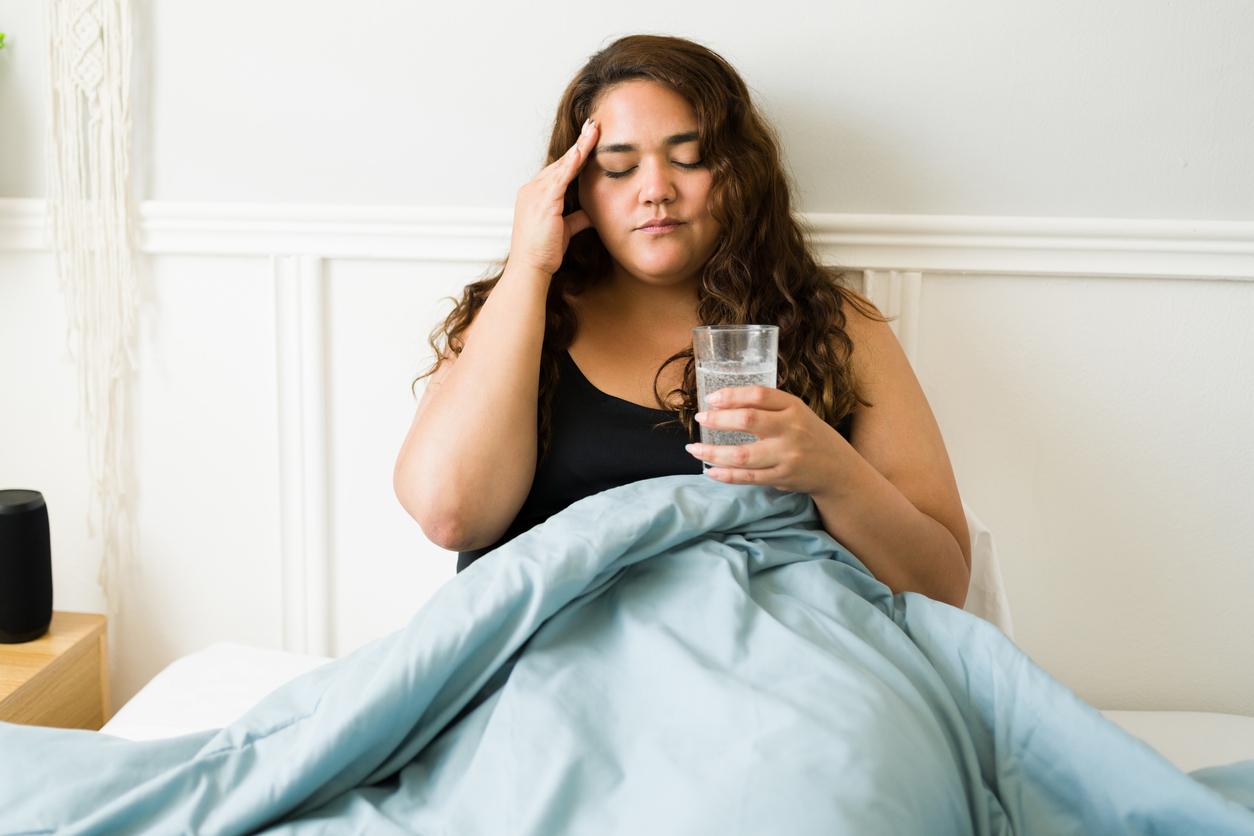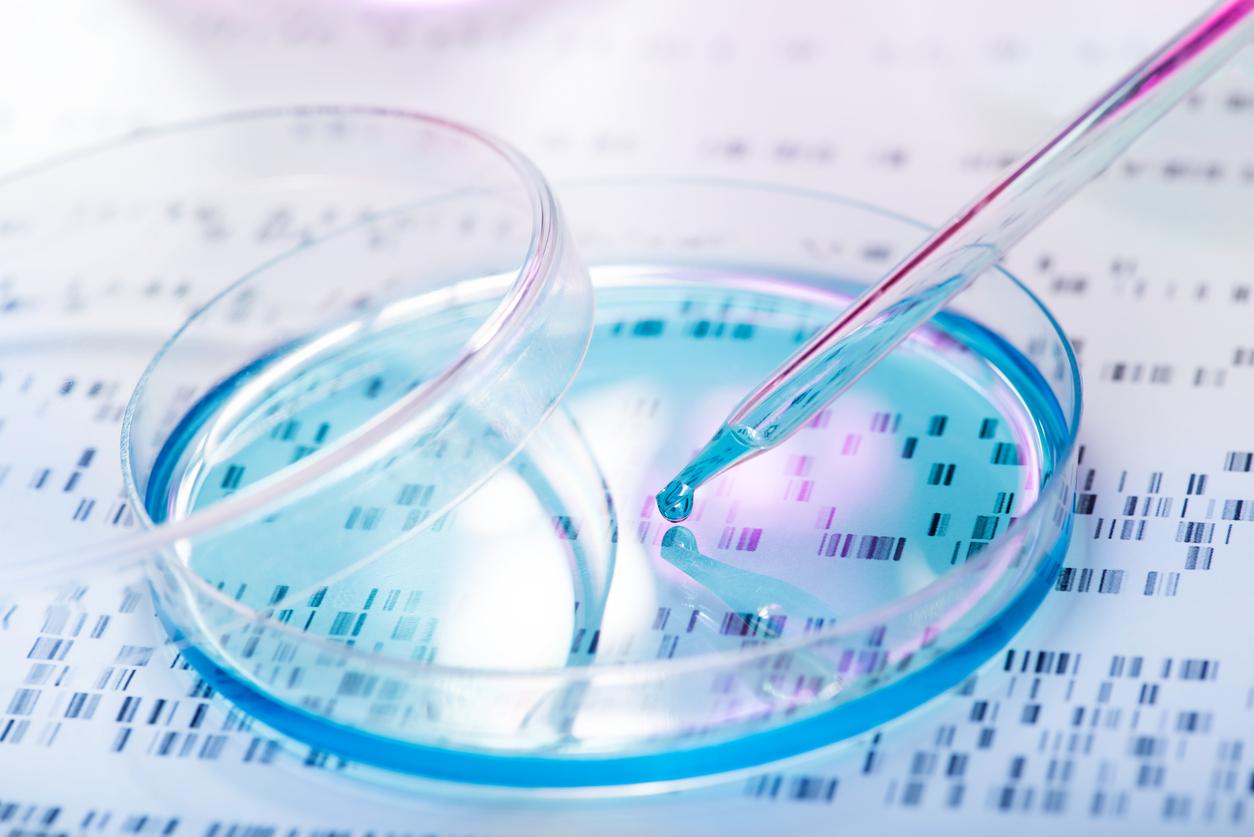British researchers have studied the effects of baclofen in the treatment of alcohol dependence. They report its premature use because in most cases it has no more effect than placebo.

While the debate around the prescription of baclofen to treat alcoholism led to the seizure of the Council of State in early February, a new study conducted by British researchers points to its ineffectiveness. Their work published in the journal Addiction shows that the drug is not more effective than a placebo, except on the chances of abstinence at the end of treatment. In 2017, the ALPADIR study, carried out in French hospitals, already revealed this in Alcohol and Alcoholism.
A muscle relaxant turned into a treatment for alcoholism
Baclofen was originally prescribed as a muscle relaxant as part of treatment for multiple sclerosis. But Dr Olivier Almeisen has shown to have recovered from severe alcoholism thanks to this drug. Two studies were then carried out on baclofen. The first, called Bacloville, studied the effects of taking high-dose baclofen: the limit was 300 mg / day.
The second set the same limit at 180 mg / day. It was the study with the highest dosage that showed greater effectiveness. But taking the drug in such a large amount increases the risk of serious side effects. These are mainly neurological and psychiatric disorders but also intestinal disorders. The National Medicines Safety Agency now authorizes a maximum daily dose of 80 mg / day.
Premature use
This new study, carried out by two researchers from the University of Liverpool, questions the effectiveness of baclofen. To get these results, they compared twelve clinical trials of the drug. The researchers studied the action of the drug on different aspects: the irresistible urge to drink, anxiety, depression and the number of days without alcohol.
As a result, the drug did not act on any of these aspects. The effects of baclofen could only be seen at the end of treatment: patients who received it were 2.67 times more likely to be abstinent than those on placebo. The two scientists estimate that one in eight people on baclofen remain abstinent. According to them, the use of baclofen as a treatment for alcoholism is premature: larger-scale studies are needed, with additional research on the different doses of treatment and their duration. Of the twelve studies, 9 used baclofen at doses between 30 and 60 mg / day, 3 at a maximum dose that did not go above 180 mg / day.
Since 2014, baclofen has been authorized in France for the treatment of alcohol dependence through a temporary recommendation for use. The ANSM must decide on the authorization to market the drug. Discussions should be organized on this subject in the summer of 2018 with experts and associations.

.









